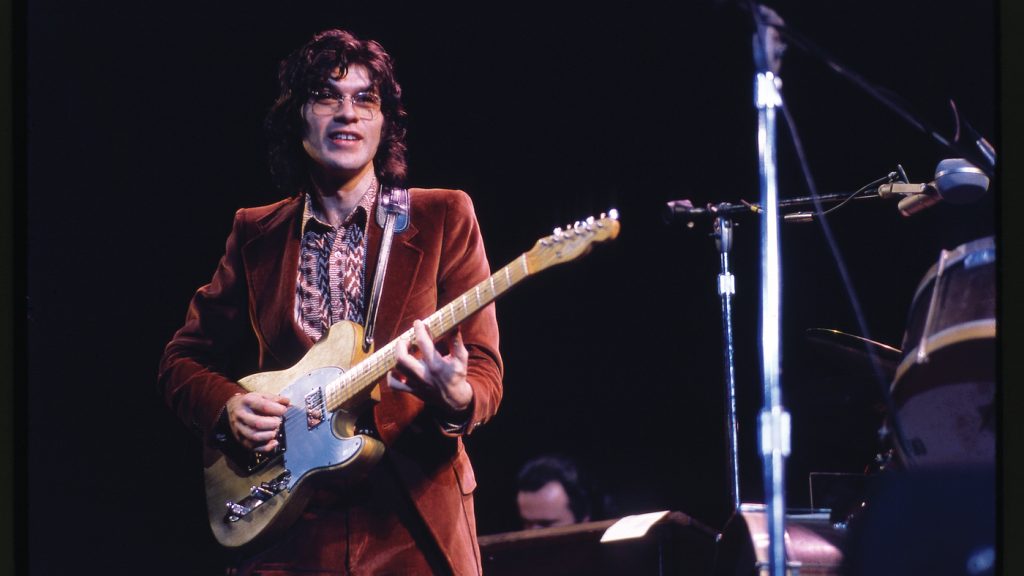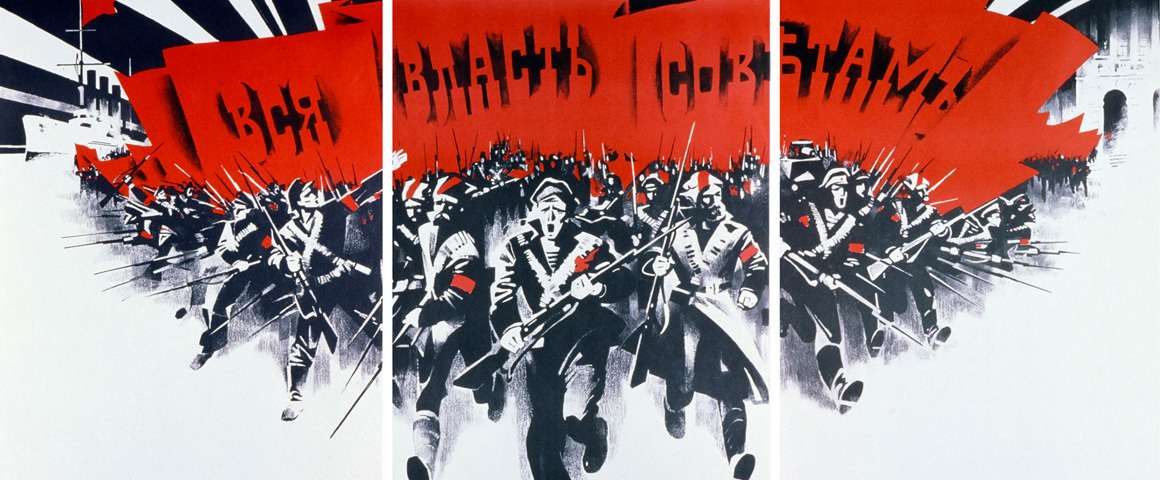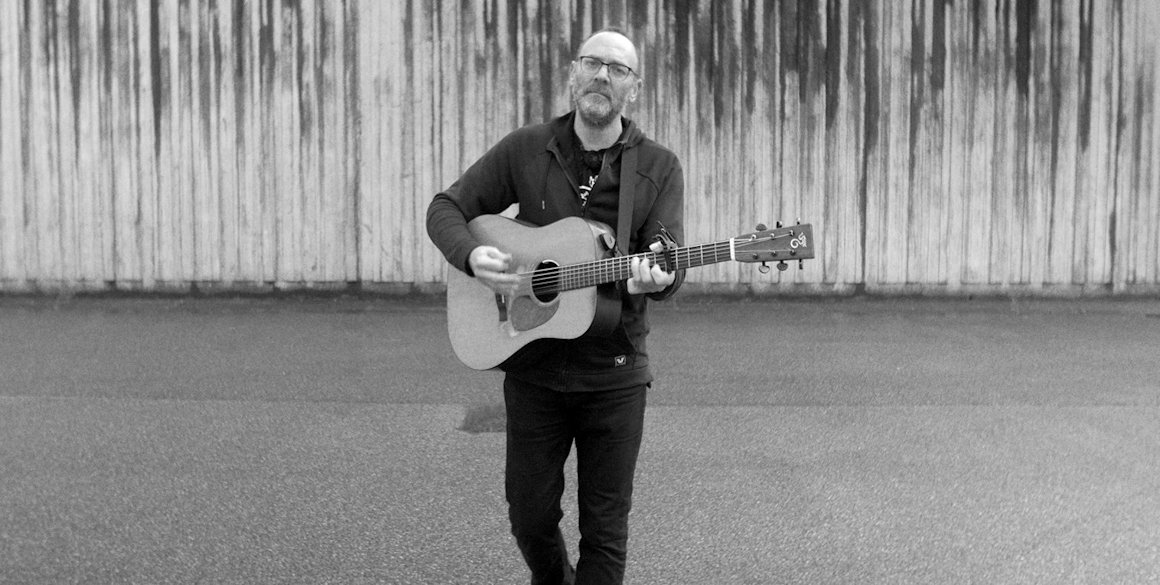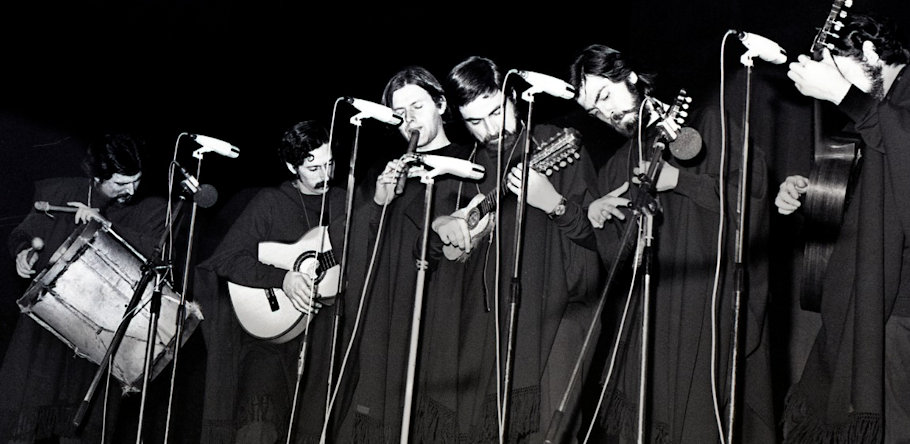Celebrating the October Revolution
While many readers of People’s Voice will observe the 100th anniversary of the Great October Socialist Revolution at official commemorations across Canada this month, it’s also a good time to explore the cultural achievements of the revolution, including its music. Older readers may have treasured vinyl recordings to spin on their turntables, but not all comrades can enjoy that particular frisson. Fortunately, a cornucopia of Soviet-era music is available free-of-charge on YouTube. For starters, I would recommend two Red Army Choir collections. Search for “One Hour of Music – Soviet Communist Music“, for an inspiring album of songs by the world-famous choir, including The Anthem of the USSR, The Sacred War, and The Partisans Song. For two-hours of the same ensemble, look for “The Red Army Choir: The Definitive Collection“, where, in addition to patriotic and fighting anthems, there are glorious renditions of old Russian folk songs (The Song of the Volga Boatmen, Dark Eyes), internationalist songs (Italian partisan song Bella Ciao), and Moscow Nights, the world-wide Soviet hit from the mid-fifties. For an hour of songs about the Great Patriotic War, look for “Best Soviet Music of the 1940-1950s“. It includes one of the most famous songs of the war, The Dark Night, from the 1943 movie “Two Soldiers”, performed by the Soviet actor and singer Mark Bernes. It’s accompanied by dramatic wartime film clips. For a charming look at popular music in the hopeful 60s check out “Best Soviet Music of the 1960s” – ninety minutes of popular songs, with clips from contemporary Soviet films. If the thought of Soviet funk music makes you cringe, you might reconsider after listening to the delightful small combo funk-inspired 70s jazz of “Soviet Funk Volume One, Side A & Side B“. Beyond the 70s, however, it’s not so easy to find great Soviet popular music. So, if you wish to celebrate the October Revolution, avoid “Best Soviet Music of the 1980s” collections! Lovers of classical music can celebrate the October Revolution by feasting on outstanding composers like Sergei Prokofiev (1891-1953), Aram Khachaturian (1903-1978), and Dmitri Shostakovich (1906-1975). Search for “Sergei Prokofiev – Cantata for the 20th Anniversary of the October Revolution” and you’ll find an excellent performance of this work by the London Symphony Orchestra. It carries English subtitles, and has dramatic passages from historic speeches of Lenin. Other memorable works by Prokofiev to look for include his scores for the Sergei Eisenstein films Alexander Nevsky and Ivan the Terrible, and his ever-popular children’s classic Peter and the Wolf. Khachaturian was renowned for his ballet music. Look for the Bolshoi Ballet’s brilliant performance of his Spartacus (1954), featuring the lovely Adagio of Spartacus and Phrygia. His 1942 dramatic ballet Gayane, set in Soviet Armenia, features the unforgettable Sabre Dance. Lastly, there is Shostakovich, composer of some of the most beautiful orchestral music of the twentieth century. Listen, for example, to his lovely Romance, from the 1955 Soviet film The Gadfly. Shostakovich’s Seventh Symphony (“Leningrad”), completed in the midst of Nazi Germany’s 900-day siege of Leningrad, is still regarded as the major musical testament of the estimated 25 million Soviet citizens who lost their lives in what Russians still call the Great Patriotic War.

Robertson honoured by Six Nations
Robbie Robertson, the guitarist, songwriter, film composer, producer, author, and actor, who rose to world-wide fame with the rock group known as The Band, was honoured on October 14 by the Six Nations of the Grand River. The Lifetime Achievement Award, the first ever granted by the Six Nations, was presented at a ceremony in Ohsweken, Ontario, on the reserve where Robertson, now 74, spent much of his childhood. Robbie Robertson was born to Rosemary Chrysler, a Mohawk from the Six Nations reservation near Hagersville, Ontario. Chrysler came to Toronto in the early 40s and lived with an aunt in the city’s working-class Cabbagetown neighborhood. She worked at a jewelry plating factory. Robertson’s biological father was Alexander Klegerman, a professional gambler who was killed while Robbie was still an infant. His mother subsequently married co-worker James Patrick Robertson. At age 16, Robertson was a professional musician, playing lead guitar on Yonge Street with rocker Ronnie Hawkins, and building the singer’s backup band, The Hawks. The rest is history, as they say. The Hawks became famous through their work with Bob Dylan, and ultimately, as that peerless rock outfit, The Band. After The Band’s farewell concert in 1976, Robertson created music for films, including American director Martin Scorsese’s Raging Bull, King of Comedy, and The Color of Money. Robertson has released five solo albums, including two influential albums that address his indigenous roots: Music for the Native Americans (1994), and Contact From the Underworld of Red Boy (1998). In 2016, he released his autobiography, Testimony. For more info: http://robbie-robertson.com.




